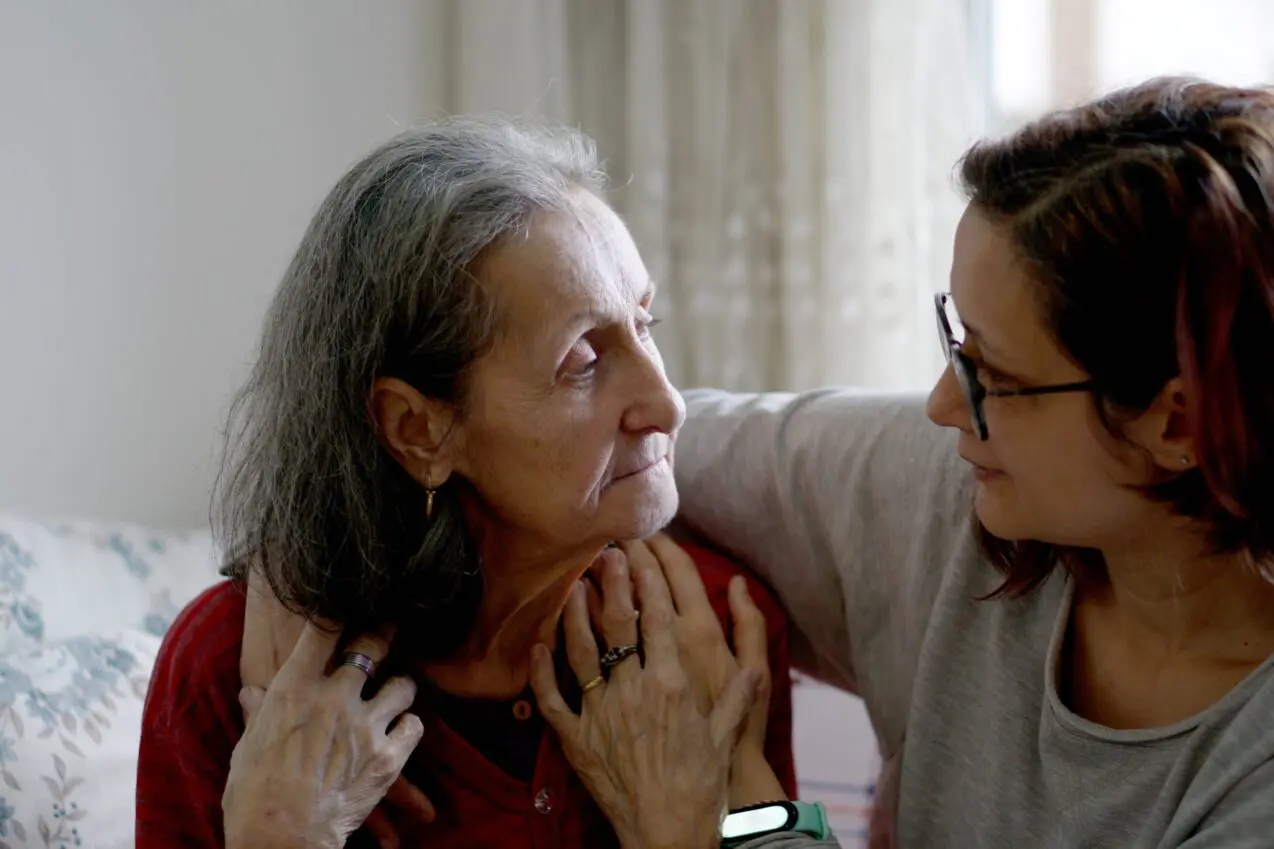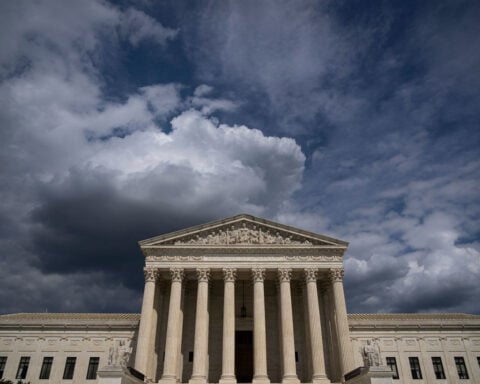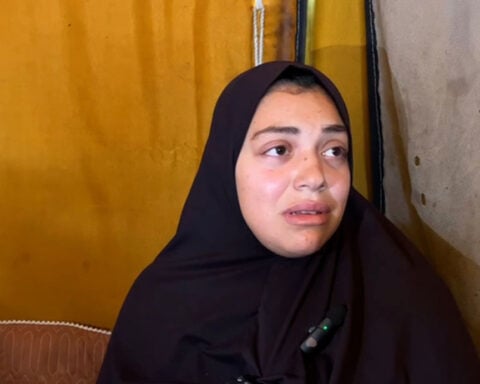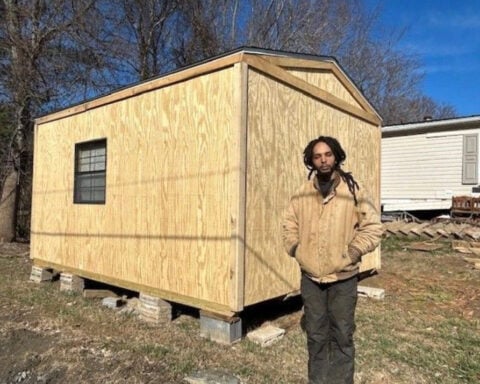As the population ages, medical experts emphasize that occasional forgetfulness differs significantly from serious cognitive decline, offering reassurance to those who worry about developing Alzheimer's disease or other forms of dementia.
"Forgetting where you left your keys is normal. Finding them in your refrigerator and not knowing what they are for indicates Alzheimer's," doctors routinely tell concerned patients who fear cognitive decline, according to medical guidance on aging and memory.
Normal age-related cognitive changes typically begin around age 40, affecting three primary areas: processing speed, memory, and what researchers term "crystallized intelligence." Visual and cognitive processing speed - how quickly someone can process and respond to information - typically declines by 20% at age 40 and may decrease by 40 to 60% by age 80.
While about 40% of adults over 65 experience occasional memory impairment associated with aging, research indicates most do not develop dementia. In normal aging, people may take longer to recall certain words or names but can usually retrieve them eventually. They maintain the ability to reason, solve problems, and make important decisions.
Medical experts note that crystallized intelligence - the knowledge and skills acquired through education and experience - often improves with age, providing some cognitive benefits in later years. This preservation of accumulated wisdom helps compensate for other age-related changes.
The medical community has established "mild cognitive impairment" (MCI) as a diagnostic category representing a state between normal aging and dementia. Current data shows that 16 to 20% of Americans over 60 have MCI, with 10 to 20% of those individuals developing dementia annually.
Ohio State University has developed the Self-Administered Gerocognitive Examination (SAGE), a free online screening tool that takes just a few minutes to complete. The test evaluates basic cognitive functions through tasks like naming objects, calculating change, and other mental exercises. Results must be reviewed with a primary care physician for proper interpretation.
Research has identified several protective measures against cognitive decline. Regular aerobic exercise that increases heart rate, such as jogging, cycling, or speed walking, benefits brain health. Strength training through weight lifting also shows positive effects on cognitive function.
Medical professionals emphasize the importance of managing underlying health conditions. Regular checkups to monitor and treat high blood pressure, high cholesterol, and other medical issues play a crucial role in maintaining cognitive health.
Brain stimulation through learning new skills provides another layer of protection. Activities that combine skill acquisition with social interaction, such as learning board games like mah-jongg or go, show particular promise. Crossword puzzles specifically help increase verbal fluency. While studies remain ongoing, some evidence suggests computerized cognitive training games and specially designed video games may offer benefits.
Education continues to demonstrate protective effects against cognitive decline throughout life. Research indicates both early education and continued learning in later years help maintain mental acuity.
Social engagement through activities like book groups or religious organizations helps preserve memory and thinking abilities. Studies show that maintaining active social connections provides cognitive benefits beyond solitary mental exercises.
Medical research has established that mental health plays a significant role in cognitive function. Depression can impair thinking abilities, making proper mental health treatment an important component of cognitive maintenance.
Healthcare providers advise limiting alcohol consumption and avoiding recreational drugs, as these substances can impair cognitive function over time. They also recommend that individuals experiencing significant cognitive changes consult a doctor, as these symptoms might indicate treatable underlying conditions, including certain infections or cancers.
Some medical professionals have adopted the practice of asking colleagues to monitor their cognitive status. "Let me know if you see me slipping too much cognitively," many doctors and professors tell their peers, acknowledging that individuals may not always recognize their own cognitive changes.
The medical community stresses that while normal aging brings some cognitive changes, these typically do not significantly impair daily function. People may occasionally forget where they placed items or experience slower word recall, but they maintain the ability to recognize familiar faces and eventually remember most forgotten information.
Recent research highlights the importance of maintaining a sense of purpose in supporting cognitive health, whether through religious beliefs, spirituality, or connection to nature. This finding adds to the growing evidence suggesting that emotional and spiritual well-being contribute to brain health.
Healthcare providers emphasize that most people who worry about developing Alzheimer's disease do not develop the condition. They encourage patients to focus on maintaining overall health through regular exercise, social engagement, and proper medical care rather than becoming overly concerned about occasional memory lapses.
Combining physical activity, social engagement, mental stimulation, and proper medical care, this balanced approach to cognitive health offers the best strategy for maintaining brain function as people age. While these measures cannot guarantee the prevention of cognitive decline, they provide the strongest evidence-based approach to maintaining mental acuity throughout the aging process.

 India considers cutting personal income tax to lift consumption, sources say
India considers cutting personal income tax to lift consumption, sources say
 Russia arrests 4 suspects accused of plotting to kill top military officers on Ukraine's orders
Russia arrests 4 suspects accused of plotting to kill top military officers on Ukraine's orders
 Azerbaijan observes day of mourning for air crash victims as speculation mount about its cause
Azerbaijan observes day of mourning for air crash victims as speculation mount about its cause
 China's Xi sends condolences over Azerbaijan Airlines plane crash
China's Xi sends condolences over Azerbaijan Airlines plane crash
 UNIFIL urges timely Israeli pullout from south Lebanon under month-old truce deal
UNIFIL urges timely Israeli pullout from south Lebanon under month-old truce deal
 Japan's Nippon Steel extends closing date for U.S. Steel acquisition
Japan's Nippon Steel extends closing date for U.S. Steel acquisition
 BYD contractor denies 'slavery-like conditions' claims by Brazilian authorities
BYD contractor denies 'slavery-like conditions' claims by Brazilian authorities
 Kazakhstan's senate chief: cause of Azerbaijan Airlines plane crash unknown for now
Kazakhstan's senate chief: cause of Azerbaijan Airlines plane crash unknown for now
 Durant and Beal score 27 points each, Suns beat Nuggets 110-100 to close out Christmas slate
Durant and Beal score 27 points each, Suns beat Nuggets 110-100 to close out Christmas slate
 Explore the differences between cognitive decline and normal aging memory loss. Learn about risk factors and prevention strategies.
Explore the differences between cognitive decline and normal aging memory loss. Learn about risk factors and prevention strategies.






